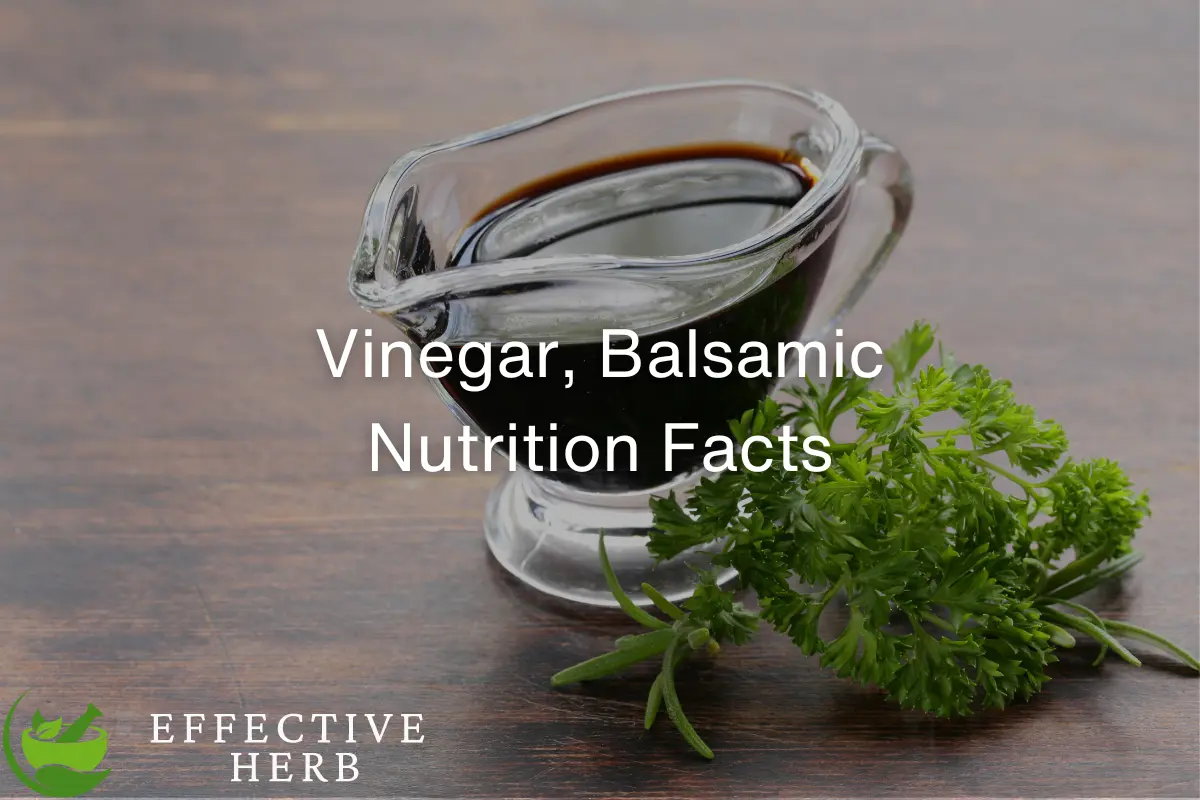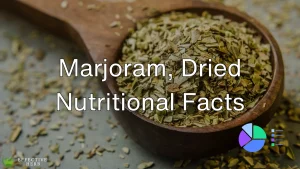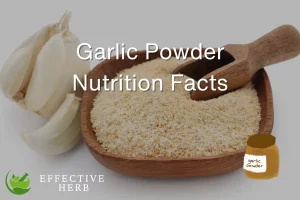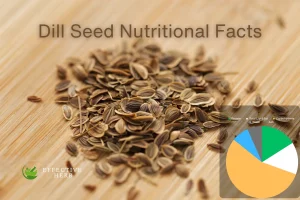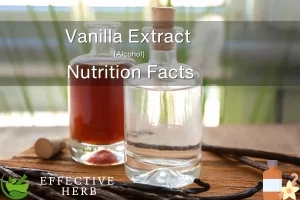Vinegar, Balsamic Nutrition Facts
Nutrition Facts: Vinegar, Balsamic is a flavorful condiment that can add depth to your dishes. This dark, rich vinegar is low in calories and contains no fat or cholesterol. It does, however, contain a small amount of sugar and carbohydrates. Additionally, Balsamic vinegar is known for its antioxidant properties, which can help protect your cells from damage.
Full Nutrient Table
Below table provides nutrition facts based on a 100-gram portion. It’s important to note that these values can vary depending on the brand and preparation method. Incorporating Balsamic vinegar into your diet can add flavor without adding extra calories, making it a healthy choice for salads, marinades, and more.
| Name | amount | Unit |
|---|---|---|
| Proximates | ||
| Water | 76.4 | g |
| Energy | 88 | kcal |
| Energy | 369 | kJ |
| Protein | 0.49 | g |
| Total lipid (fat) | 0 | g |
| Ash | 0.37 | g |
| Carbohydrates | ||
| Carbohydrate, by difference | 17 | g |
| Sugars, total including NLEA | 15 | g |
| Sucrose | 0 | g |
| Glucose | 7.57 | g |
| Fructose | 7.38 | g |
| Lactose | 0 | g |
| Maltose | 0 | g |
| Galactose | 0 | g |
| Minerals | ||
| Calcium, Ca | 27 | mg |
| Iron, Fe | 0.72 | mg |
| Magnesium, Mg | 12 | mg |
| Phosphorus, P | 19 | mg |
| Potassium, K | 112 | mg |
| Sodium, Na | 23 | mg |
| Zinc, Zn | 0.08 | mg |
| Copper, Cu | 0.026 | mg |
| Manganese, Mn | 0.131 | mg |
| Vitamins and Other Components | ||
| Vitamin C, total ascorbic acid | 0 | mg |
| Vitamin A, RAE | 0 | µg |
| Vitamin A, IU | 0 | IU |
| Lipids | ||
| Fatty acids, total saturated | 0 | g |
| Fatty acids, total trans | 0 | g |
| Amino acids | ||
| Name | amount | Unit |
Nutritional Charts for Vinegar, balsamic
Nutrient Composition Pie Chart
Vinegar, balsamic is a low-calorie and low-fat food that primarily consists of water, carbohydrates, and a small amount of protein. This pie chart visually represents the proportion of macronutrients (protein, fat, carbohydrate) and micronutrients (vitamins and minerals) present in balsamic vinegar.
Macronutrient Distribution Bar Chart
This chart displays the distribution of macronutrients (protein, fat, carbohydrate) in balsamic vinegar. It shows that balsamic vinegar is primarily composed of carbohydrates with a negligible amount of protein and fat.
Mineral and Vitamin Bar Chart
This chart illustrates the distribution of essential minerals and vitamins in balsamic vinegar. It shows that balsamic vinegar contains small amounts of calcium, iron, magnesium, phosphorus, potassium, sodium, zinc, copper, manganese, vitamin C, vitamin A, and fatty acids.
Conclusion
In summary, balsamic vinegar is a flavorful addition to any diet, offering health benefits such as antioxidants, aiding digestion, and helping with blood sugar regulation. It is also low in calories, which supports weight management. While it contains some beneficial minerals, its vitamin content is minimal. When incorporating balsamic vinegar into your diet, consider it as a complement to a balanced diet. Source

